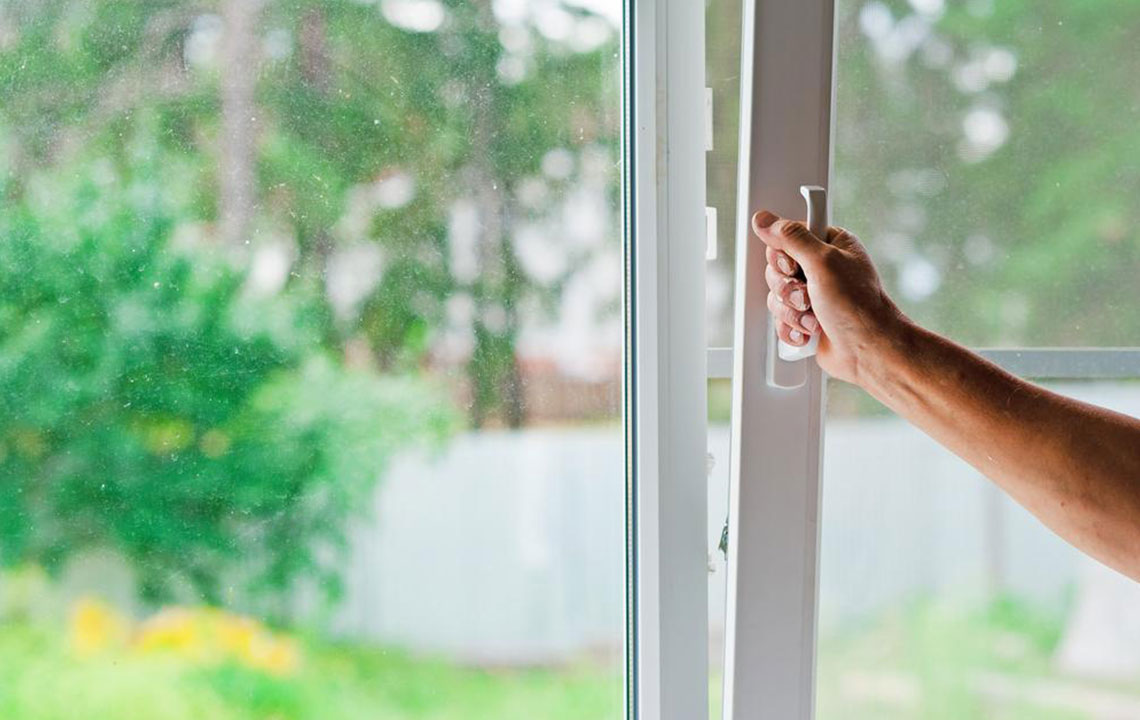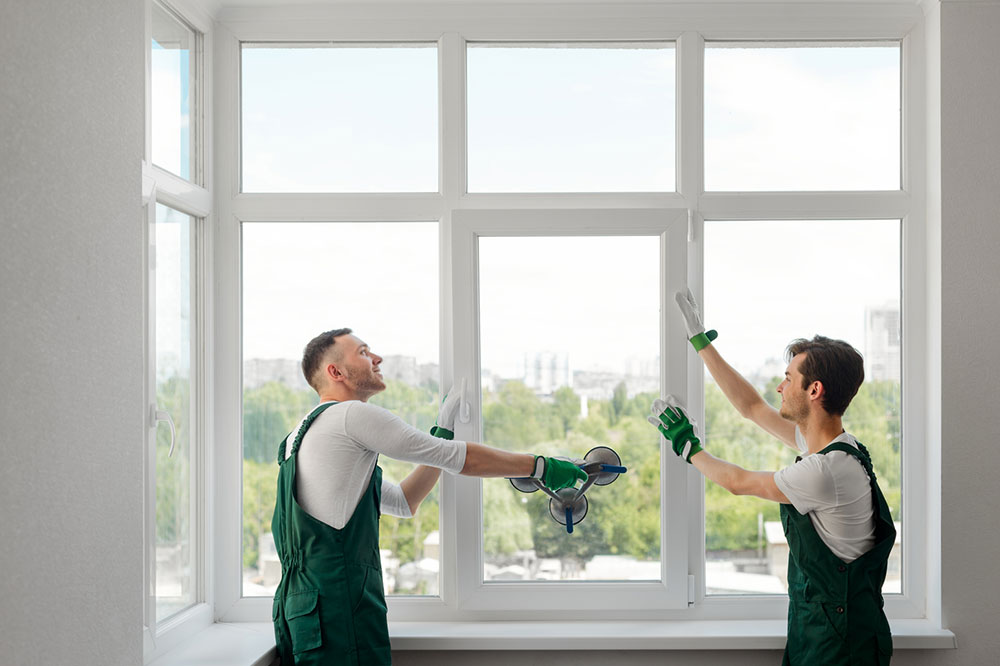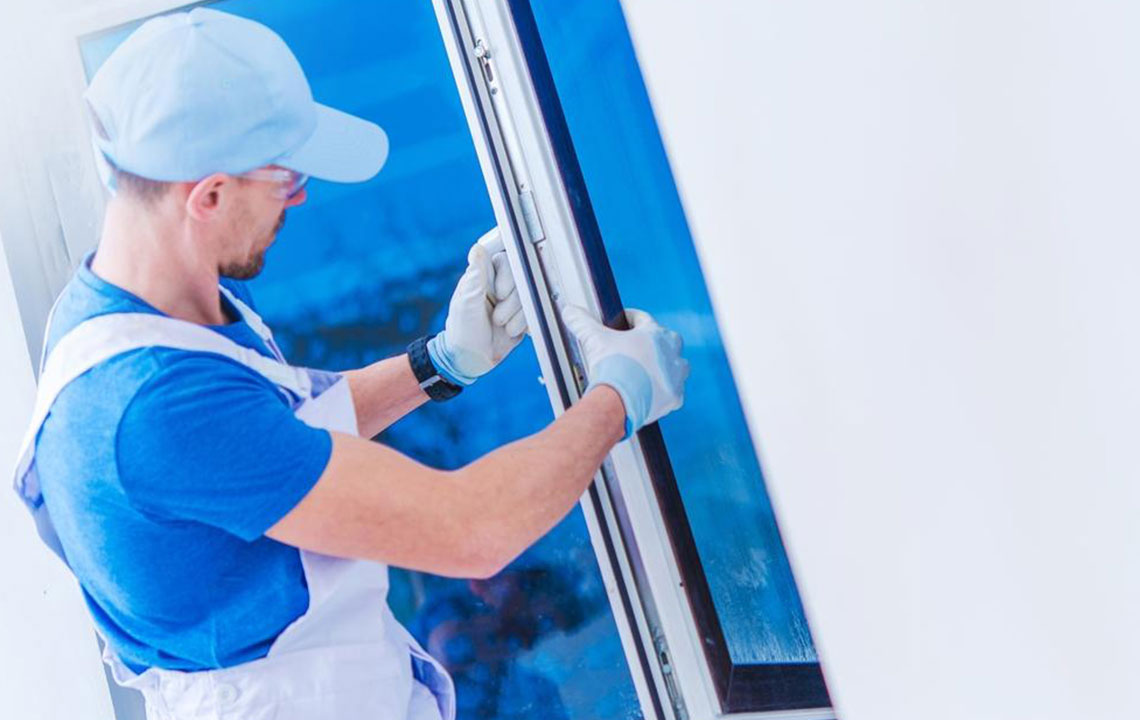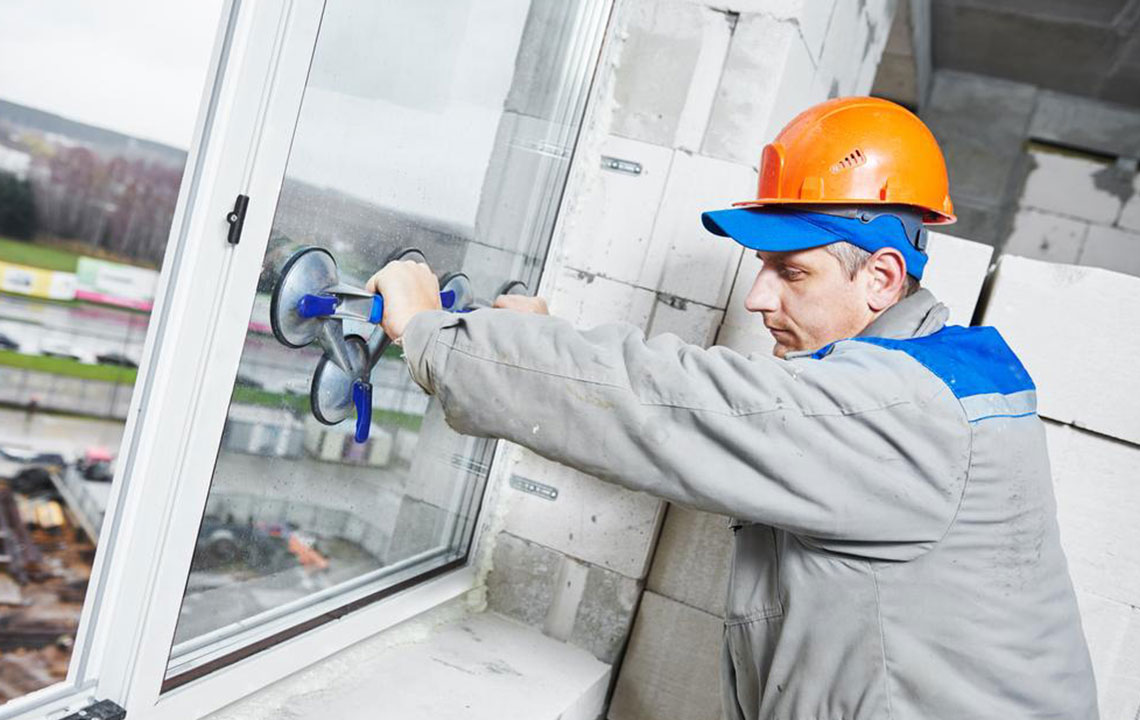Comprehensive Guide to Choosing the Perfect Windows for Your Home
Choosing the right windows is essential for enhancing your home's aesthetic appeal and functional efficiency. This comprehensive guide covers key considerations including style, climate, budget, and supplier selection. By understanding these factors and making informed choices, homeowners can improve their residence's comfort, energy savings, and overall value. Emphasizing the importance of matching windows to architectural styles, evaluating regional weather conditions, and selecting reputable suppliers, this article provides practical tips to help you select durable, stylish, and cost-effective windows that meet your needs for years to come.
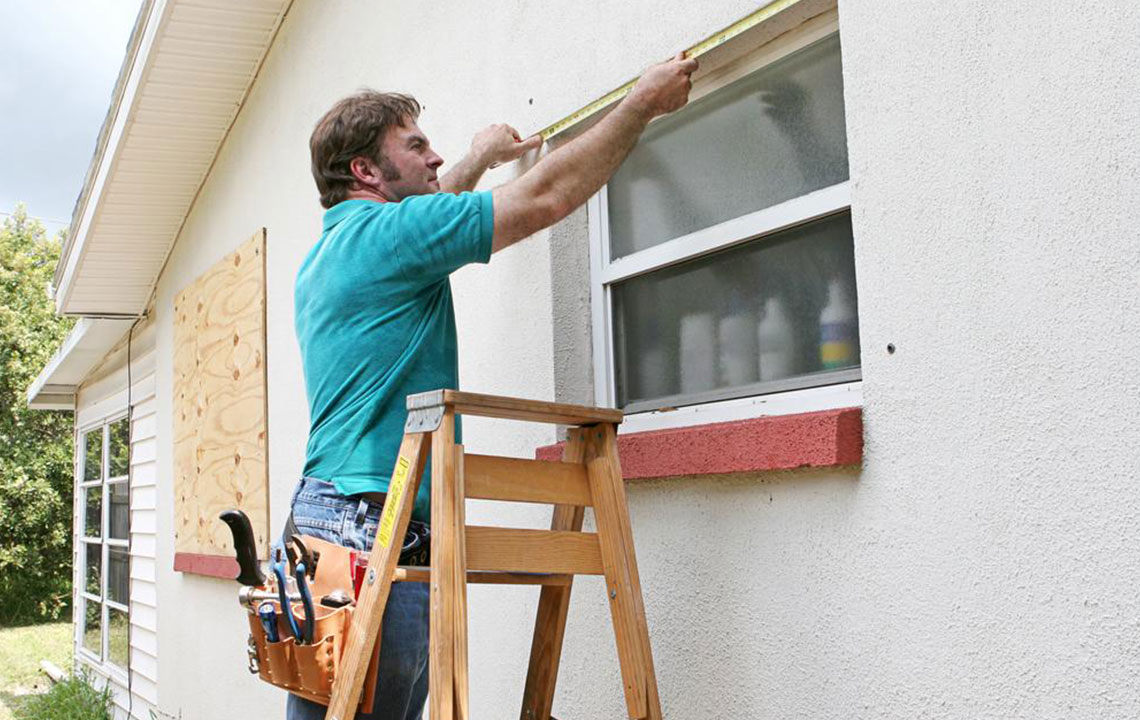
Comprehensive Guide to Choosing the Perfect Windows for Your Home
Selecting the ideal windows is a crucial decision that significantly influences both the aesthetic appeal and functional performance of your residence. Whether you're undertaking a full home renovation or simply replacing aging windows, understanding the essential factors to consider can help you make informed choices that enhance your living space. With a myriad of options available from countless suppliers, choosing the best windows that align with your style, climate, budget, and long-term needs requires a strategic approach. This comprehensive guide aims to walk you through the key considerations to ensure you choose windows that are not only beautiful but also durable, energy-efficient, and perfectly suited to your home.
1. Assess Your Home’s Architectural Style and Design Needs
One of the primary factors in selecting appropriate windows is ensuring they complement your home's overall architectural style. Traditional homes often favor classic sash or casement windows, while modern designs might opt for large picture windows or minimalist sliders. Matching the window style with existing architectural elements creates a harmonious visual flow, enhancing curb appeal and interior aesthetics. Consider factors such as window frames, grid patterns, and materials to ensure seamless integration with your home's decor.
For example, a Victorian-era house might benefit from ornate, multi-paned windows with decorative molding, whereas a contemporary home could feature sleek, expansive glass panels that emphasize clean lines and spaciousness. When choosing windows, also think about color schemes and finishes that match or accentuate your home's interior and exterior paint. This cohesion helps maintain a consistent, sophisticated look across your property.
2. Understand Your Local Climate and Its Impact on Window Performance
Climate plays a pivotal role in determining the most suitable window types for your residence. Different regions experience varying weather conditions like heavy snowfall, intense heat, high humidity, or strong winds. Therefore, selecting windows that can withstand these specific conditions ensures longevity and optimal performance.
If you live in a cold climate, consider windows with superior insulation properties, such as double or triple-pane glass with low-emissivity (Low-E) coatings that reduce heat transfer. In hot or humid environments, UV-protected, moisture-resistant frames help maintain energy efficiency and prevent issues like condensation or mold growth. For areas prone to storms or high winds, impact-resistant windows reinforced with laminated glass provide added security and durability.
Consulting local weather data and speaking with window professionals familiar with regional conditions will help you choose models that resist the elements and reduce long-term maintenance costs.
3. Set a Realistic Budget and Understand Cost Implications
Budget is a key component in the decision-making process. High-quality windows often come with a higher price tag but deliver better insulation, durability, and aesthetic value over time. Establishing a clear budget helps narrow down options, focusing on models that offer the best value within your financial limits.
Remember to include installation costs when planning your budget, as professional installation is crucial for securing energy efficiency and safety. Certain window styles and materials, such as vinyl or composite frames, tend to be more affordable while still providing excellent performance. Basic single-pane glass options are cheaper but less energy-efficient, whereas specialized glass options like Low-E or argon-filled panes may have higher upfront costs but offer significant savings on energy bills.
If your goal is to strike a balance between cost and quality, consider exploring promotional deals, discounts from reputable suppliers, or bundle offers that include installation services. Always prioritize quality and longevity to ensure your investment pays off in the long run.
4. Choose Reputable Suppliers and High-Quality Products
The supplier you choose plays a significant role in the quality, durability, and overall value of your windows. Reputable companies with a proven track record of manufacturing and installing windows ensure you receive products that meet industry standards and come with reliable warranties. Conduct thorough research, read customer reviews, and consult online ratings to identify trustworthy suppliers in your area.
Many well-established brands offer comprehensive product lines with detailed specifications, making it easier to compare features. Look for certifications from recognized industry organizations, such as ENERGY STAR or IGCC (Insulating Glass Certification Council), which validate energy efficiency and quality standards.
In addition, consider suppliers who provide excellent customer support, after-sales service, and installation expertise. Choosing a trusted provider helps prevent issues down the line, ensures proper installation, and maximizes the lifespan of your windows.
5. Additional Tips for Choosing the Best Windows
Beyond style, climate, budget, and supplier considerations, think about additional features that can enhance your windows' functionality and appeal. For instance, window hardware, locking mechanisms, and ease of operation are important for security and convenience.
Energy-efficient options like Low-E coatings, argon or krypton gas fill, and upgraded framing materials help reduce your homes' heating and cooling costs. Additionally, consider incorporating features such as screens for ventilation, tilt-in sashes for cleaning, or even smart window technologies that can be controlled remotely for enhanced comfort and modern appeal.
Maintenance requirements are also worth considering. Vinyl and composite frames typically require less upkeep than wood, which might need periodic painting or sealing. Understanding the lifecycle costs and maintenance needs helps you make a well-rounded decision.
In conclusion, selecting the perfect windows for your home involves a careful assessment of style, climate factors, budget constraints, and supplier credibility. By approaching this decision with thorough research and professional guidance, you can enhance your home's beauty, energy efficiency, and value for years to come. Remember, the right windows do not just improve your home's appearance—they also contribute substantially to your comfort and utility savings. Whether you aim for a classic or modern look, investing in quality windows is an investment in your property's future.
